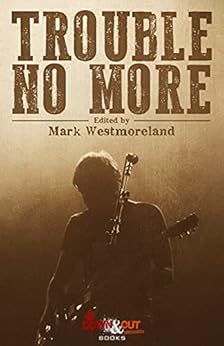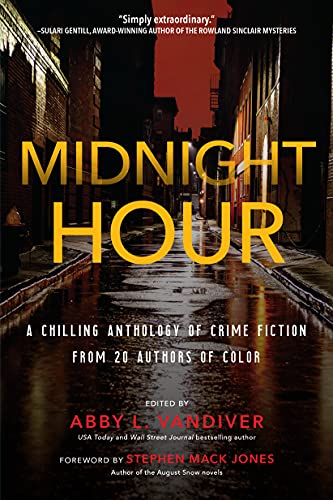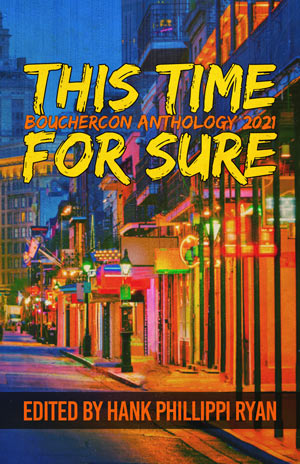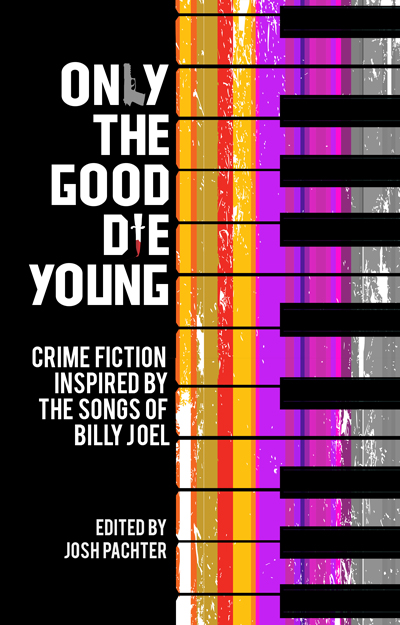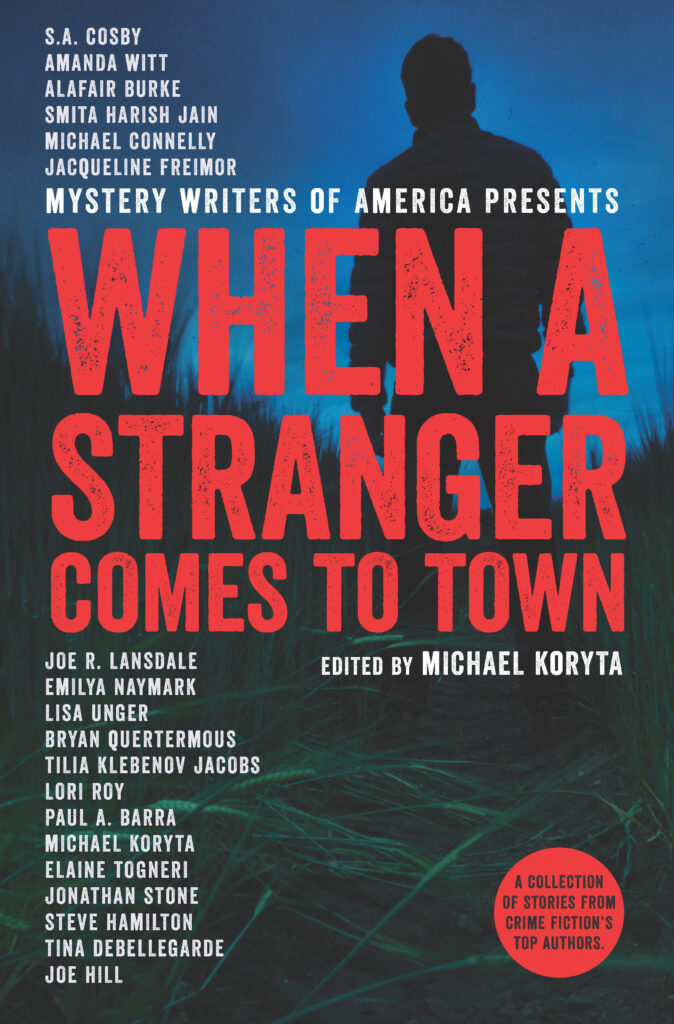"Born a Ramblin' Man," by Michel Lee Garrett, in Trouble No More: Crime Fiction Inspired by Southern Rock and the Blues, edited by Mark Westmoreland, Down & Out Books 2021.
This is a pretty silly story. Not that there is anything wrong with that.
Ray is the ramblin' man. He decides to leave Nashville with only one possession: a guitar he recently "liberated." It's not a particularly wonderful guitar; he just wanted one.
His plan for leaving town is to sneak into the back of a truck full of fireworks. Might work okay, except that there is already some contraband cargo in the vehicle: two women who do not want to be headed wherever the driver is taking them.
Luckily they have a rescuer on board. Unluckily, the hero is Ray, and Ray, well...
"How goddamn dumb are you?"
"Um... fairly."
The fun part of the story is the conversation between Ray and the two prisoners. And the fireworks, both literal and figurative.

